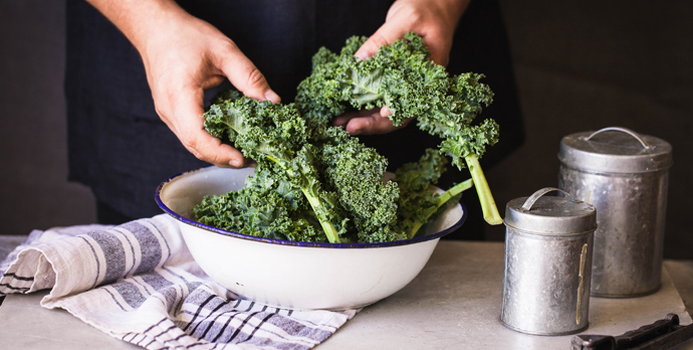Sustainable foods are considered foods that support a healthy and sustainable food system for the planet. When considering the sustainability of foods, all parts of the system need to be considered including food production, soil quality, health, safety, affordability, quality, environmental impact, biodiversity, water use, and climate changes.
Food Production has huge impacts on our planet and is responsible for around a quarter of all the greenhouse gas emissions! Food has a high carbon footprint because of the inputs required to grow, package, sell, and cook food. Another big part is food waste or the food that doesn’t end up being consumed.
Animal products, including meats and dairy cause more than half of the food-related greenhouse gasses. Reducing meat and dairy in your diet could significantly decrease your carbon footprint. You can also take steps to reduce water usage to support a better environment, although by decreasing your meat intake you are also decreasing your water footprint! By reducing your meat intake by even 1 pound of meat, you could be saving more than 2,250 gallons of water!
Shopping organic or locally available foods can also help to reduce your diet’s carbon footprint. Other choices to improve the planet through what we eat could include eating more of the following sustainably produced plant-based foods instead of high carbon footprint foods like animal meat.
1. Legumes, Beans, and Peas
These protein-rich selections can actually make soil healthier by adding nitrogen back into the soil. Legumes can greatly reduce the need for some fertilizers and take a lot less water to grow. Beans and legumes are nutrient dense foods that provide many vitamins and minerals in addition to protein and fiber!
2. Kale
Kale is a hearty green leafy vegetable that can grow in warm and cold climates. It is considered a superfood because of how nutrient dense it is. 1 cup of chopped Kale provides more than 600 percent of your daily needs for vitamin K and more than 200 percent of your daily needs for vitamin A!
3. Pomegranates
These fruit trees are used to growing in conditions with varying amounts of water. Pomegranates are often called a superfood because they are nutrient dense and full of phytonutrients. One pomegranate is packed with copper, vitamin c, potassium, folate, vitamin K, manganese and other nutrients. Because these fruit trees require minimal inputs and have a tough outer layer, they are considered a more sustainable food choice.
4. Grasses
Although grasses which include rice, buckwheat, and oats can get a bad name during low-cal fad diets, they are actually some of the more sustainable foods to produce! They require a lower amount of water in proportion to their nutrient value. Whole grain versions contain valuable fiber and protein for a healthy diet!
[Image via Shutterstock]



